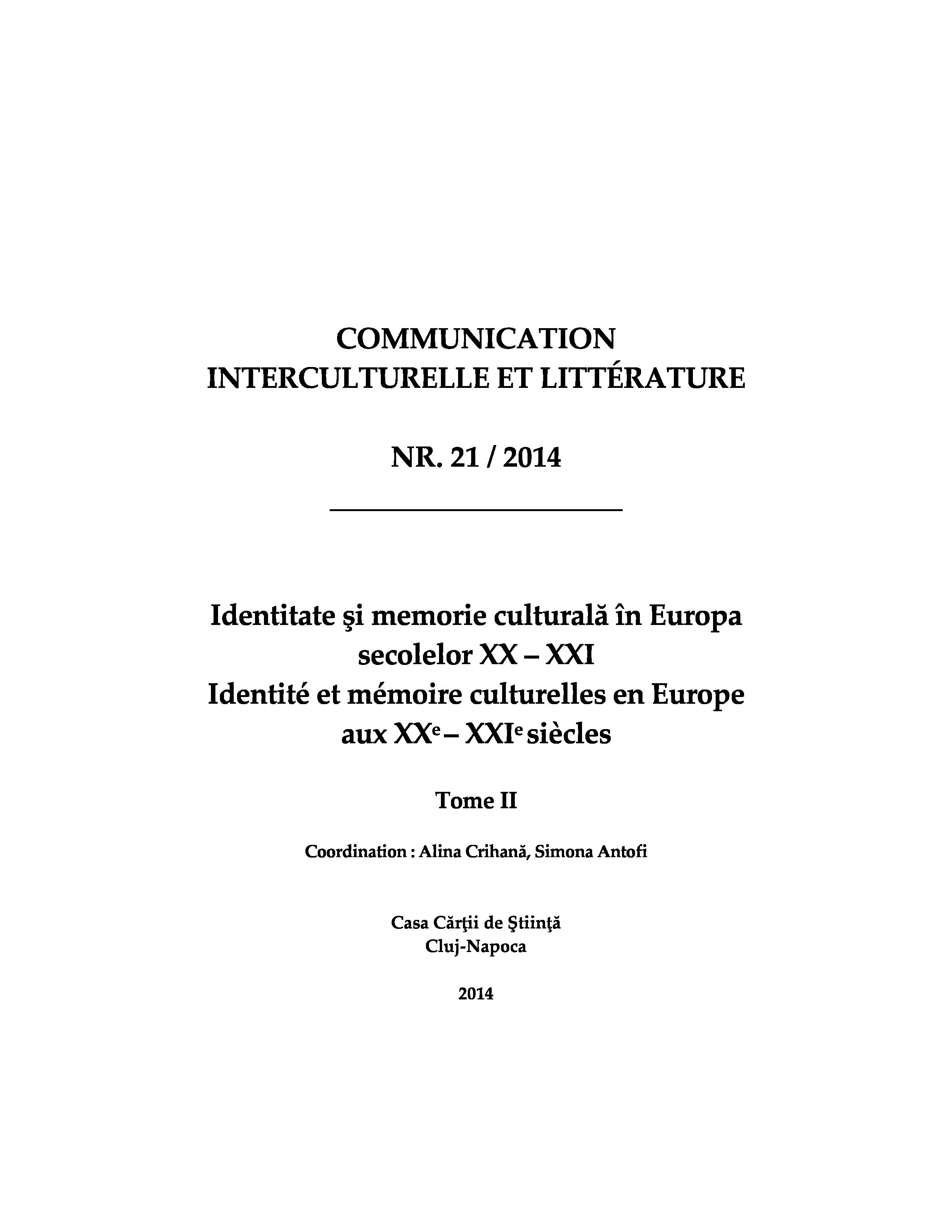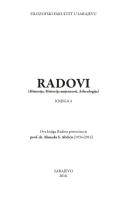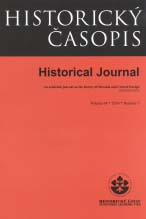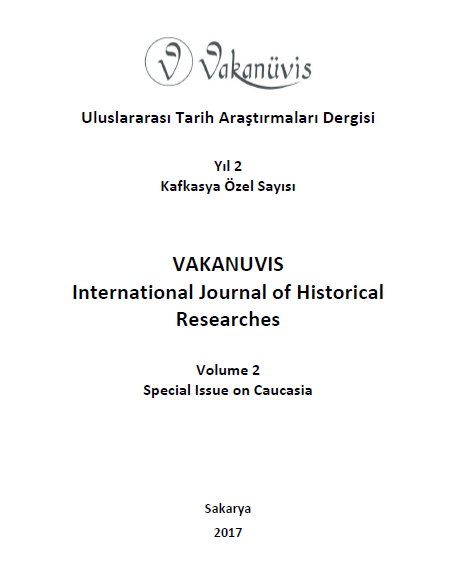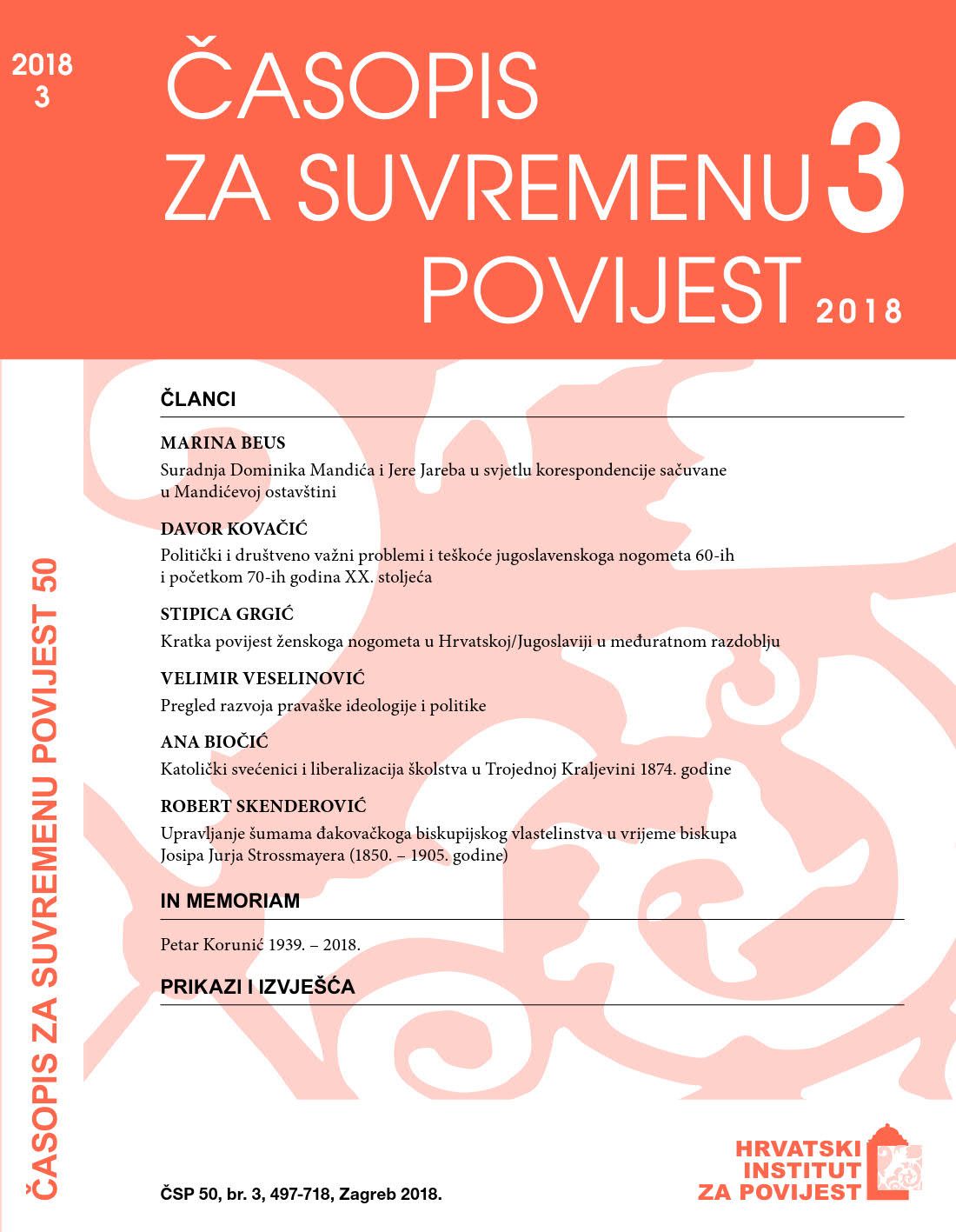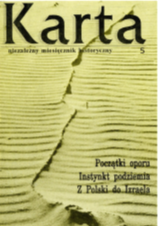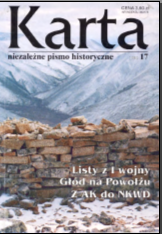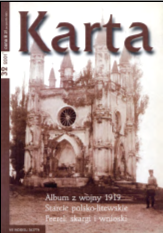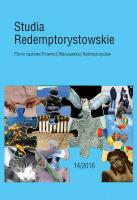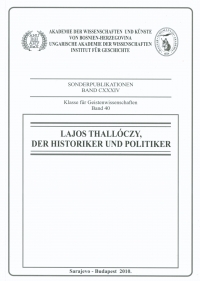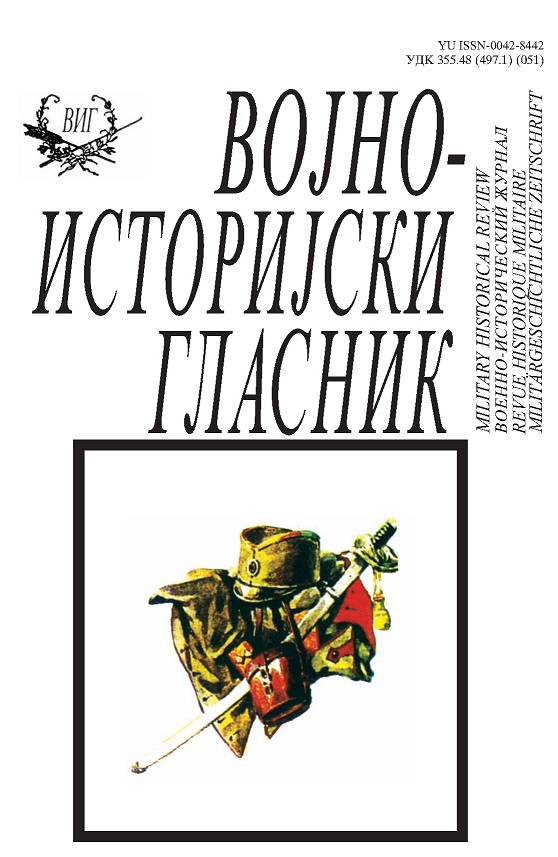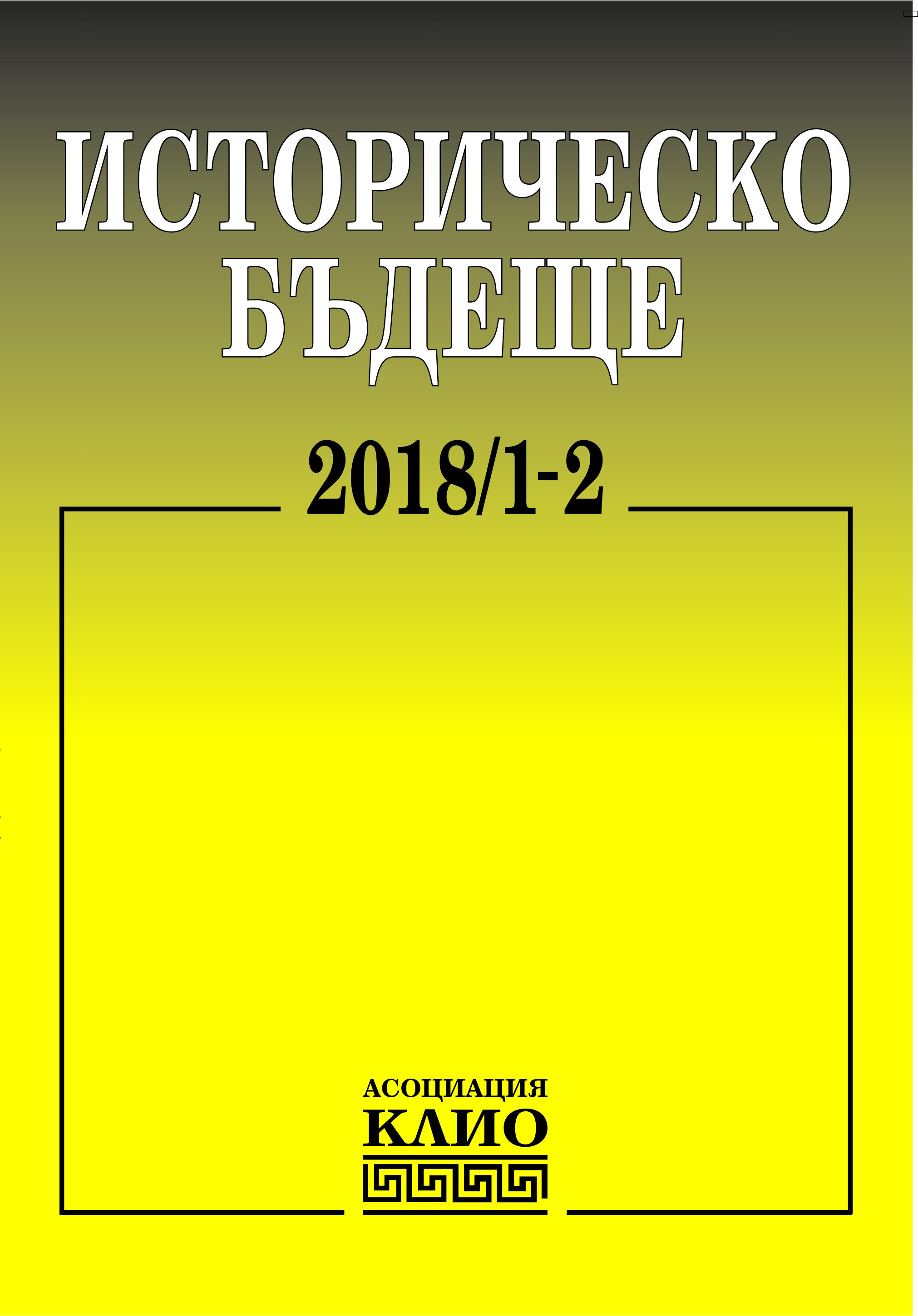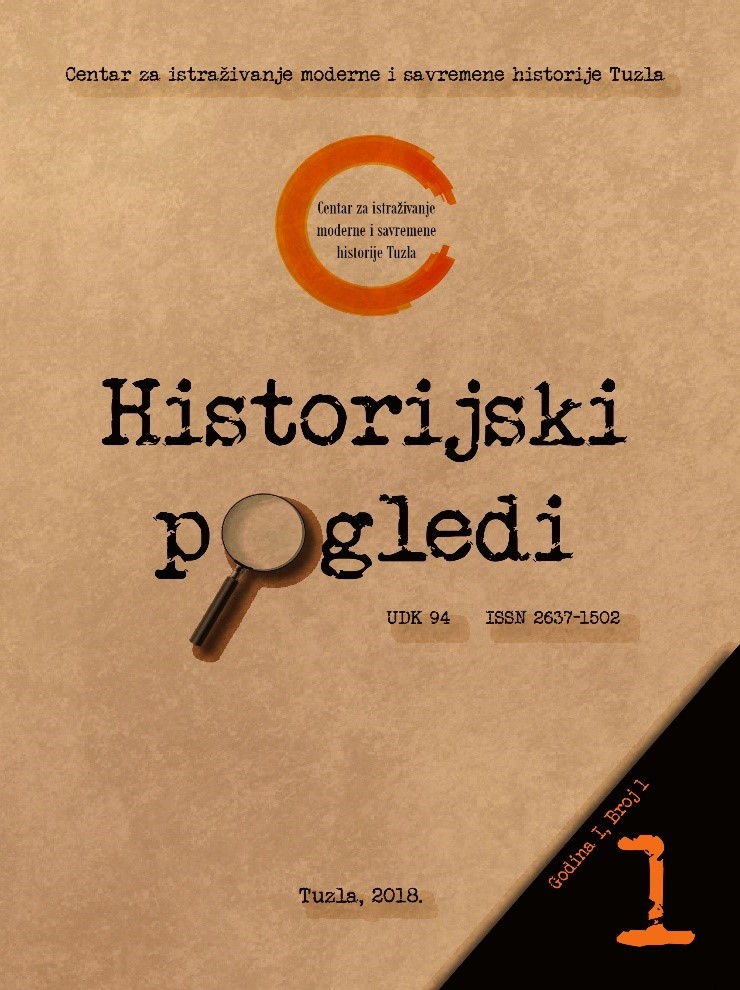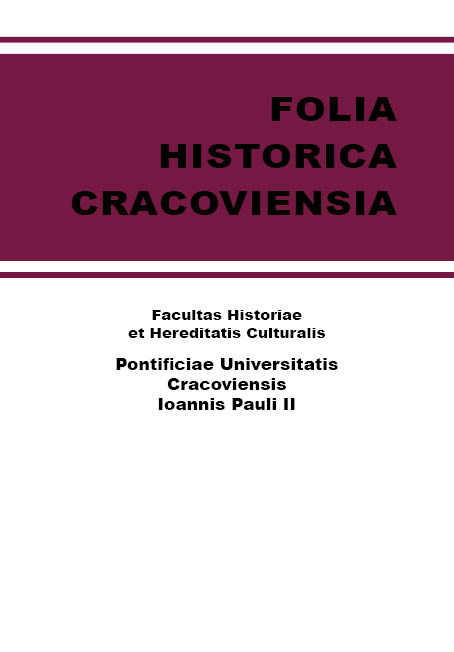
The Krakow church and Bl. Bernardyna Jabłońska in the years 1896–1940
100 years ago died St. Brother Albert Chmielowski. 75 years ago died Bl. Sister Bernardina Jabłońska. We are thus commemorating two important anniversaries. They are important for the Albertine family, for Albertine Brothers and Sisters; they are significant for the history of mercy. Krakow was the place where the Blessed used to work; the city that is particularly entitled to commemorate them. St. Brother Albert died during the First World War (1916), Mother Bernardina at the beginning of the Second World War (1940). The article discussed the life and work of Mother Bernardina Jabłońska in Krakow from the perspective of Krakow Prince-Bishop Adam Stefan Sapieha, his collaborators, as well as secular clergy and regular clergy. Bernardina arrived in Krakow in 1896 as an 18-year old candidate for monastic life. Six years later, in 1902, 24-year old Bernardina became Superior General of the Albertine Sisters and in this role she continued to perform her duties until her death. The article opens with a sentence saying that “the entire Krakow” walked behind Mother Bernardina’s coffin at her funeral in 1940. The author attempts to make it clear who followed Bernardina’s coffin, who felt connected with her, who by the death of Bl. Mother Bernardina became part of the Albertine works of mercy. After St. Brother Albert’s death, Mother Bernardina took a number of decisions, e.g. sought to obtain a decree to approve the Albertine order as a monastic congregation in diocesan law, which was granted in 1926, decisions in matters of monastic formation, decision on the relocation of the order’s Main House from Kazimierz to Czerwony Prądnik, or on setting up further shelters in Poland. The establishments were open to everyone, regardless of age, religion or nationality. The author attempted to present at least selected signs of cooperation between the clergy (particularly Krakow clergy) and Mother Bernardina in her outstanding work.
More...
